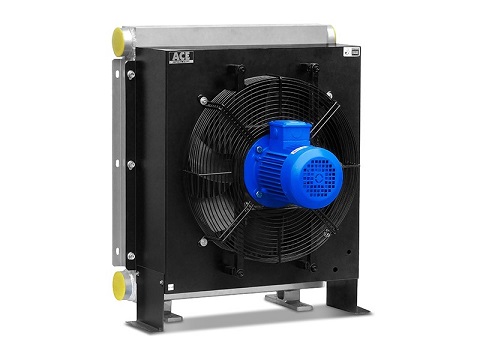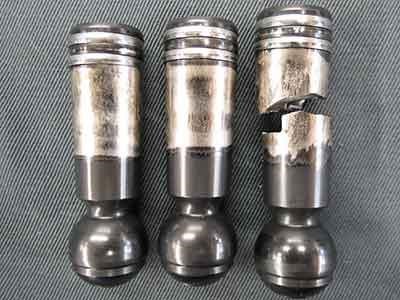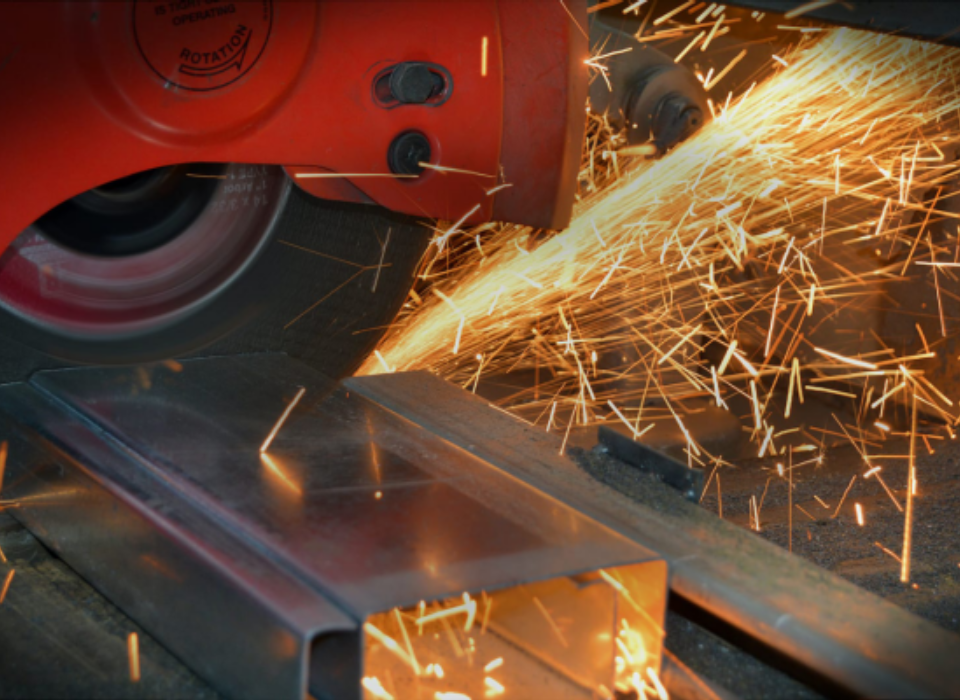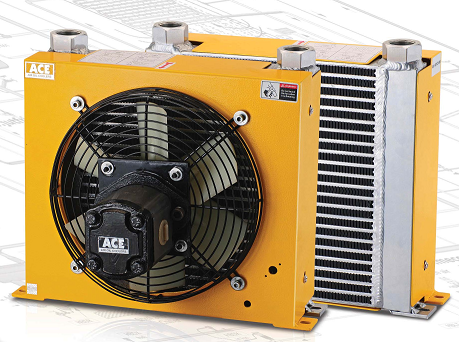2 Horrible Mistakes you’re making with Hydraulic Power Packs & how to fix it

Losing Profits due to Gear Hobbing Machine Rejections?
May 8, 2020 What have we as Air-Cooled Heat Exchanger Manufacturers done about this?
What have we as Air-Cooled Heat Exchanger Manufacturers done about this?
In my 30 years of working in the Industrial Hydraulics industry, I have visited over 1500 units & done over 500 machine failure analysis. There are two primary root causes of failures that dominate over all the rest put together.
- Oil Contamination
- Oil Heating
A lot has been said & written about oil contamination & its control – changing the oils, oil filtration, flushing the system, air breather selection. Today, I am going to talk about the second – Oil Heating & its control.
Before we do that lets first look at the primary reason why oil heats up. During my training sessions, I often ask the participants – mostly engineering & maintenance professionals – why they think that oil heats up? The answers usually border around pressure drops, oil passing through orifices/bends in plumbing, pressure relief valves, pressure reducing valves, etc. All of these are correct. Where does the energy for the oil heating come from? Let’s dig a little deeper. Everything that happens in our environment is an energy system of some sort. Every machine, every process even natural ones like photosynthesis & the human digestive system around us are energy systems. Each one has a source of energy & uses that energy to perform a function.
FACT # 1: No energy system is 100% efficient. This means that the energy that we put into any system never gets fully utilized. A big part of it is utilized to do useful & meaningful work, but some part of it is wasted energy. How much of it is wasteful? That depends on the efficiency of that system. In hydraulic equipment too it’s the same. We input energy in the form of electricity in motors or fuel in engines. This energy drives the pumps, which in turn power the hydraulic actuators – hydraulic cylinders & motors.
FACT # 2: Energy cannot be created or destroyed. That is the fundamental principle of thermodynamics. A big part of the energy input into a hydraulic system results in the movement of actuators, exerting a force or generating a torque, etc. In other words, producing useful work done. That is the desired outcome. The rest of the energy is wasted & converted into undesired outcomes, like producing heat, noise, vibration, etc. In a hydraulic system, a large percentage of this wasted energy gets converted into heat. As the oil is the conveying media in an oil cooler for hydraulic system, it absorbs the heat & gets heated.
What happens when this heat is left untreated?
The hydraulic system comprises of various moving parts – pumps, valves, actuators, etc. Each of these parts comprises of metal & nonmetal parts fitting into each other. In order to maximize volumetric efficiency, these parts made of different materials intermesh or slide with each other at very close tolerances. The close tolerance is crucial to prevent internal leakages – in other words, to prevent oil from leaking from a higher pressure zone to a lower pressure zone. As the oil heats up, it heats up the internal parts. Heating causes expansion. The different parts are made up of different materials. Each having a different coefficient of thermal expansion. Therefore they go through different thermal expansions, in response to the temperature rise. This in turn disturbs the internal tolerances. Reduction in gaps between sliding parts produces greater interference between them. Causing higher friction, wear and tear & ultimately breakdown.

What happens to the oil as it heats up?
The increase in oil temperature impacts the properties of the oil. One of these is a reduction in viscosity of the oil. Thinner oil leaks more. Resulting in increased internal (and of course external too) leakages, thereby reducing volumetric efficiency and overall efficiency of the system. Reduction in overall efficiency results in more heat production. Thus a cascading effect on the amount of heat produced.
The net result is:
- INCREASED POWER CONSUMPTION
- LOWER PRODUCTION SPEEDS
- HIGHER BREAKDOWNS
- HIGHER MAINTENANCE
- MORE OIL SPILLS

What can you as an engineer, machine builder, or user of the hydraulic system do about this?
There are two steps to the resolution of this problem:
- Accurate heat buildup estimation
- Selection & proper installation of correctly sized Hydraulic Oil Air Coolers.
Over the last 20 years me and my team has developed efficient heat exchangers following our SFP framework. The SPF Framework has made us the go-to guys in the air cooled hydraulic oil coolers industry. This backed by my personal experience of 30 years in industrial hydraulics & cumulative team experience of over 100 years, empowers us to:
- Accurately estimate the heat buildup
- Selection of an optimized hydraulic oil cooler
- Proper installation guidance.
We help customers in finding the most cost-effective and efficient option available.
Yours for better: Air Cooled Heat Exchanger Knowledge
Vineet Taneja – vineet@acefluidpower.com


